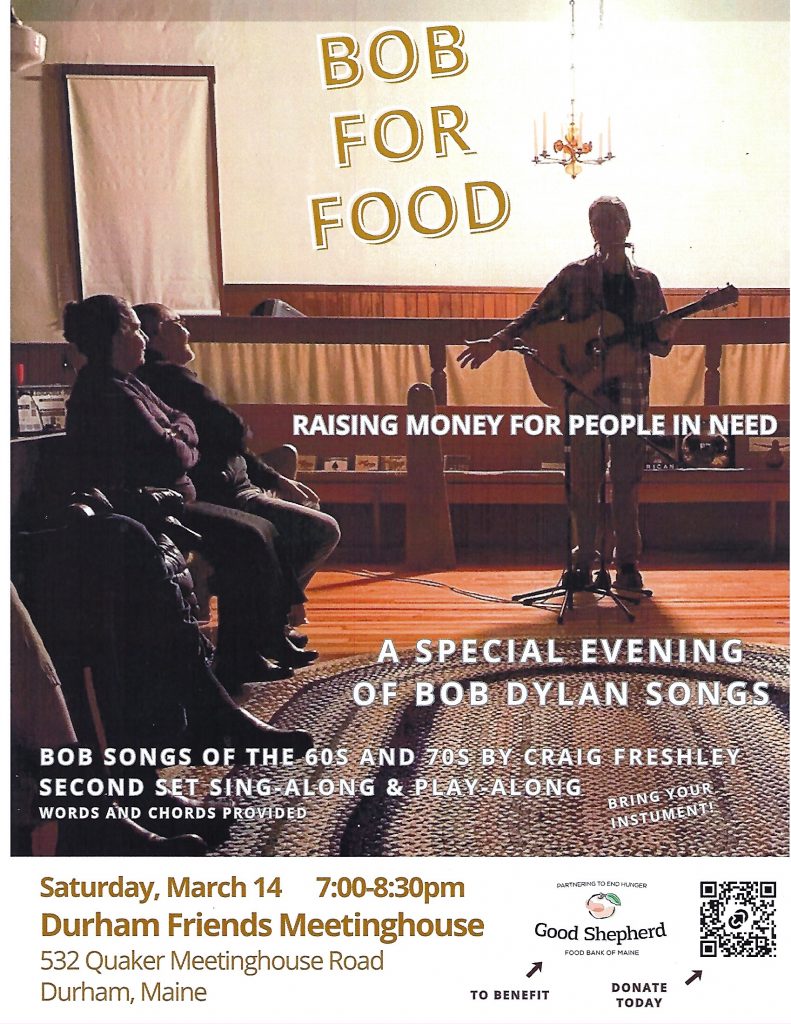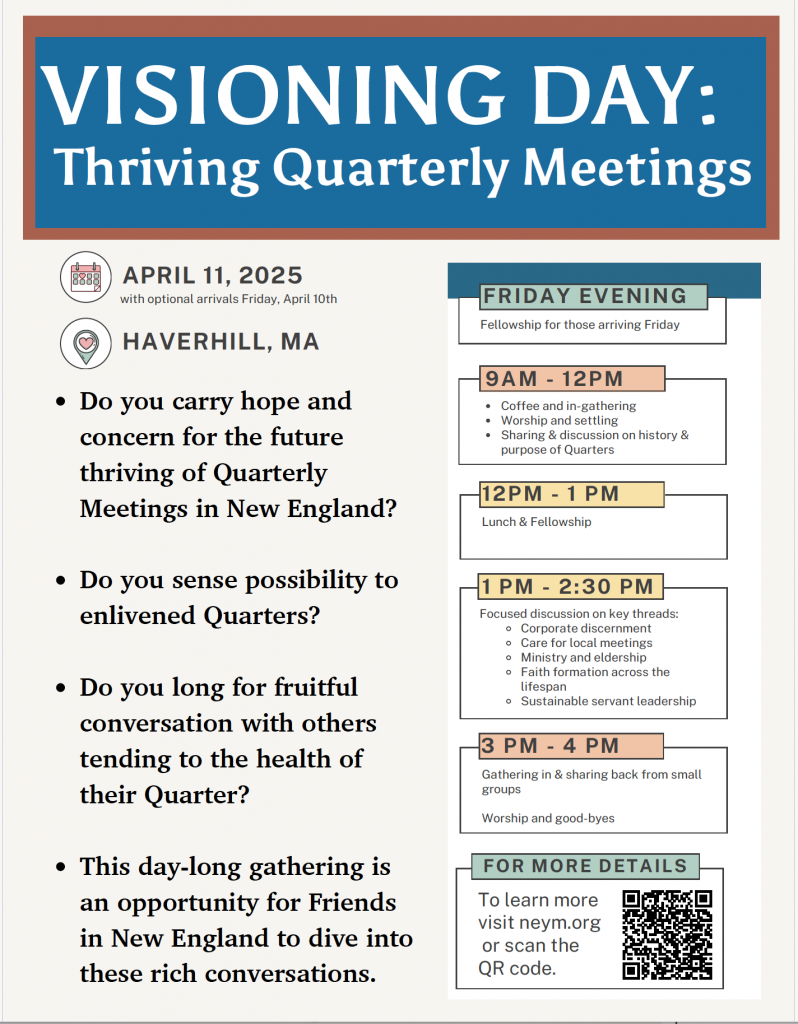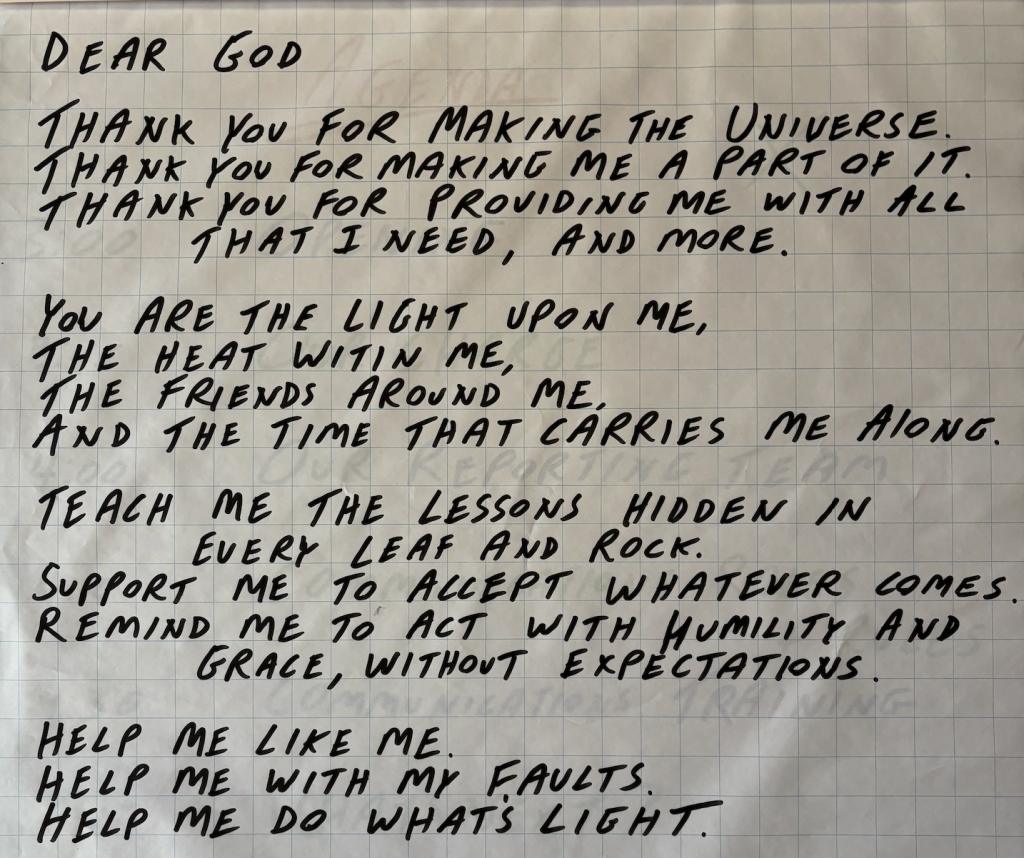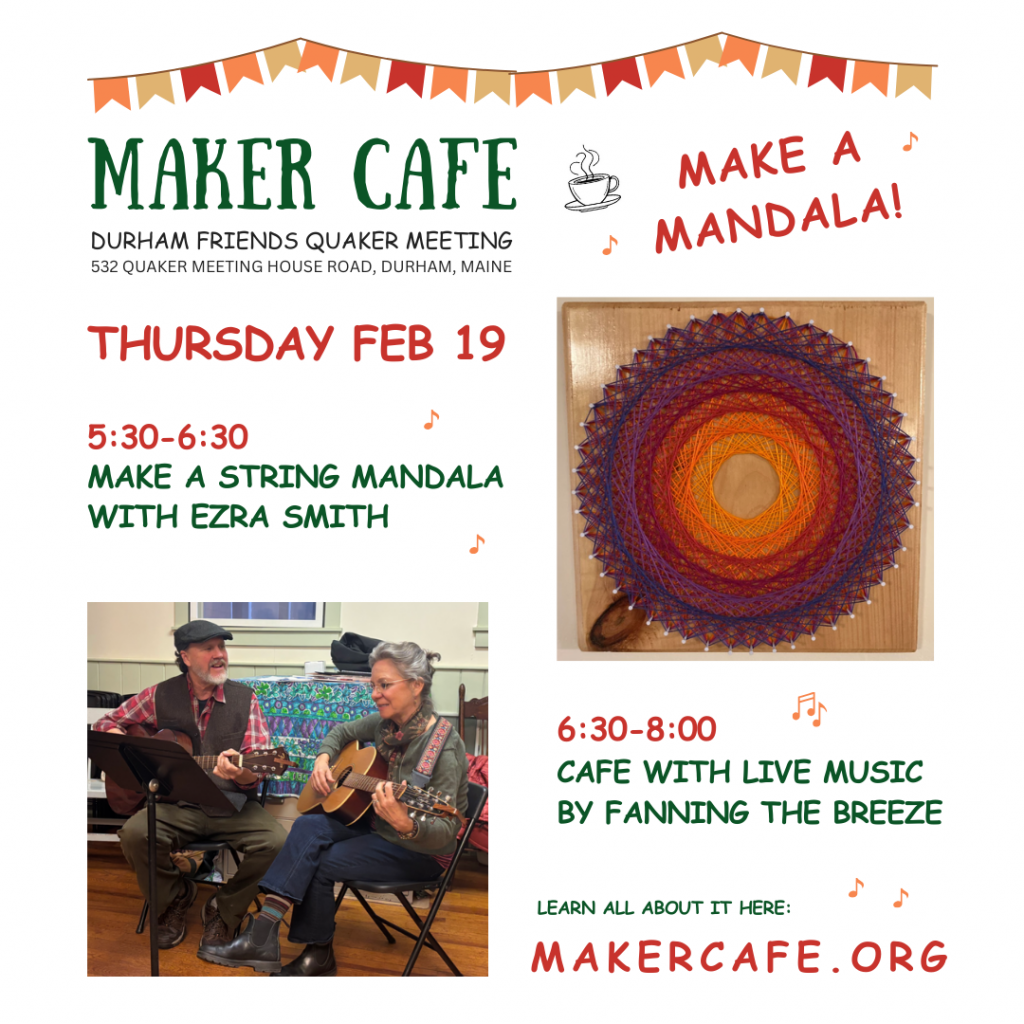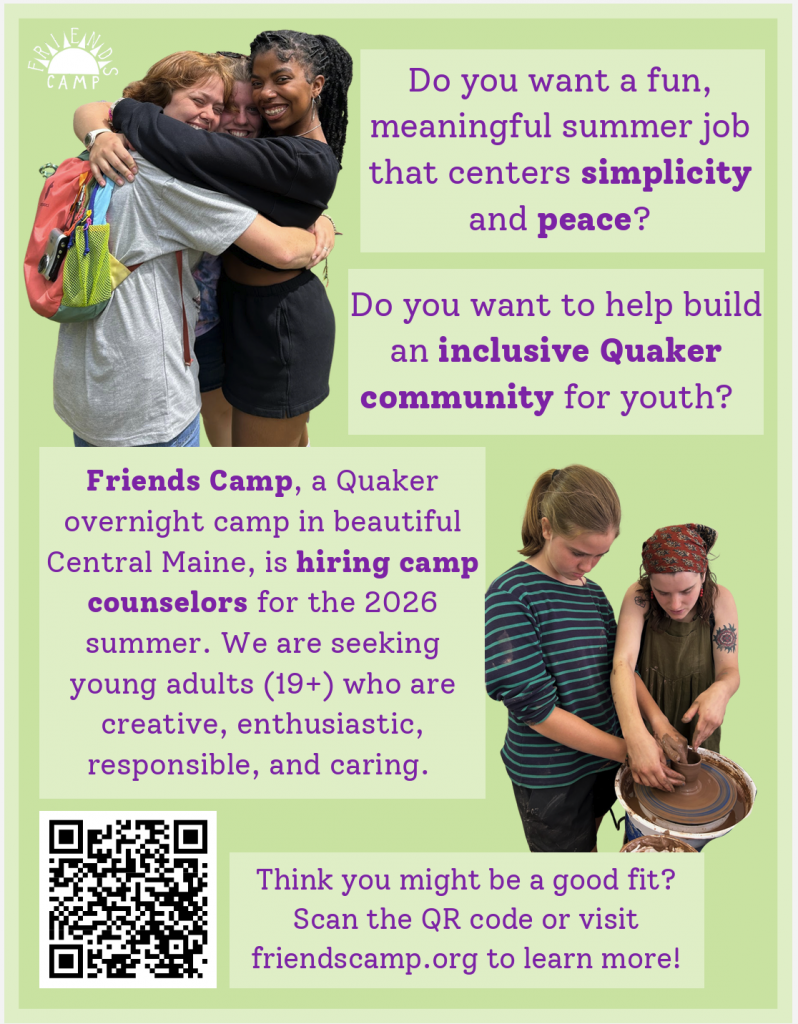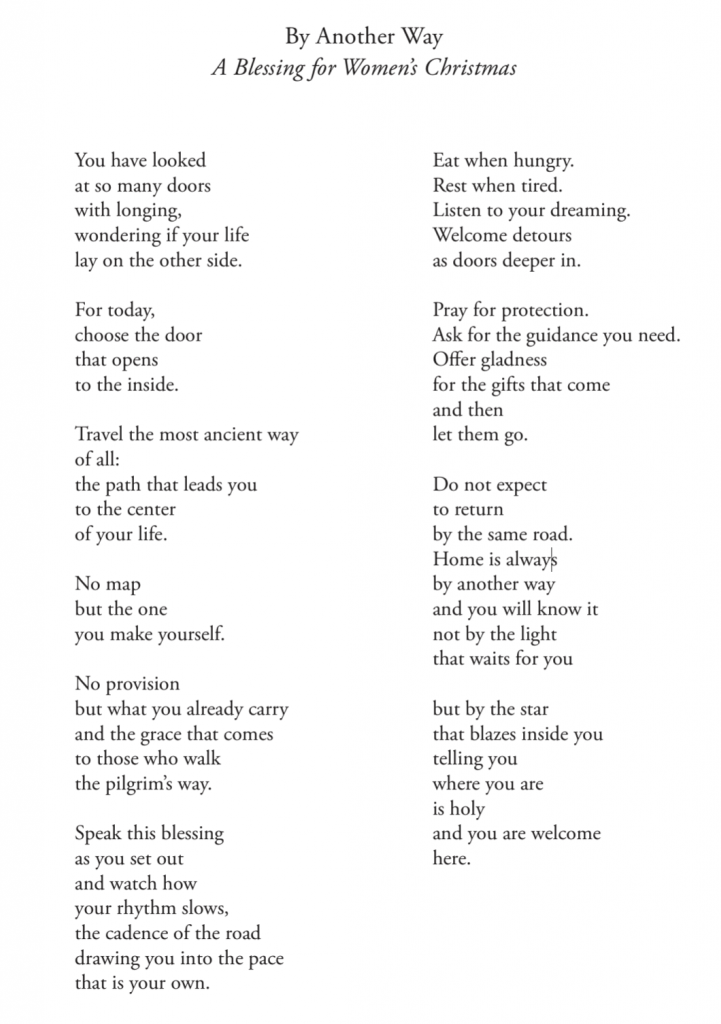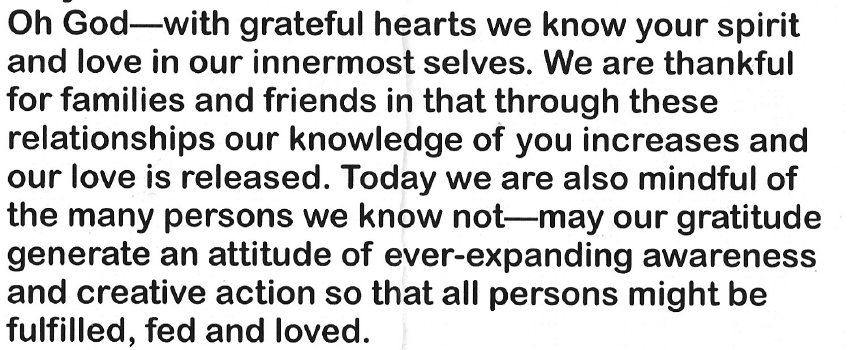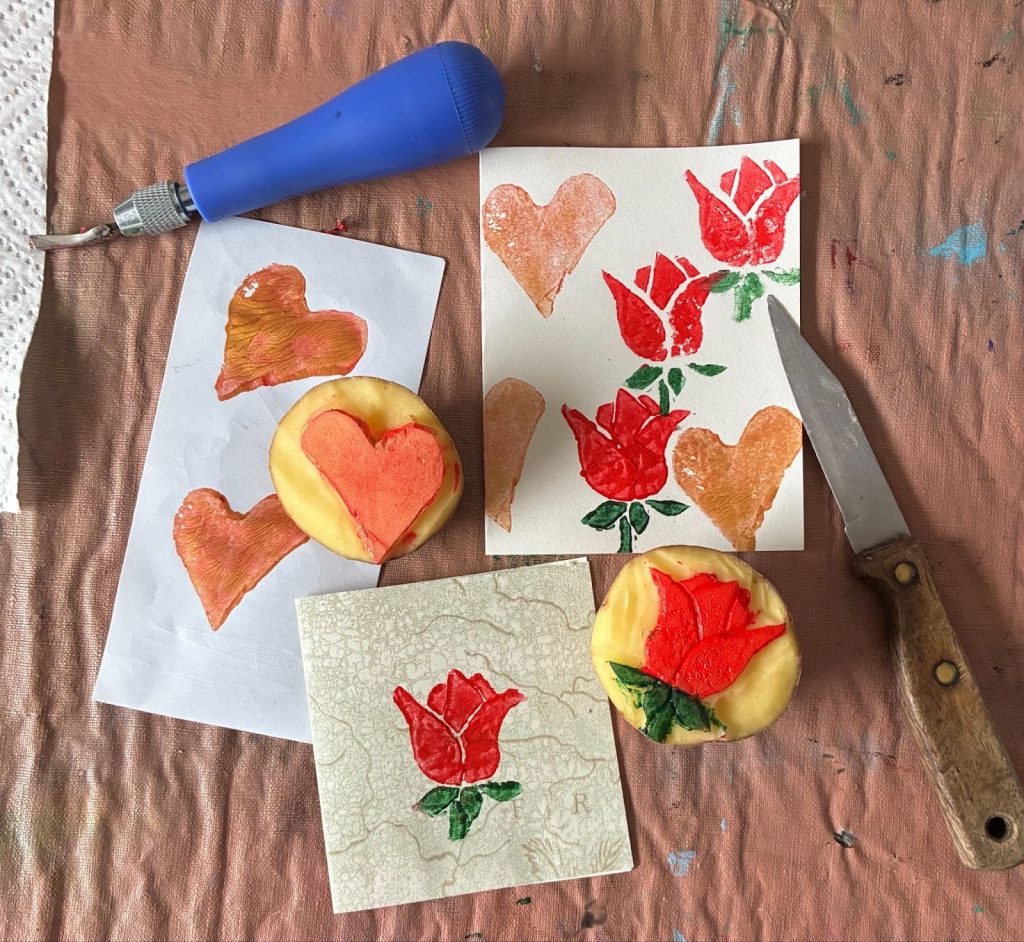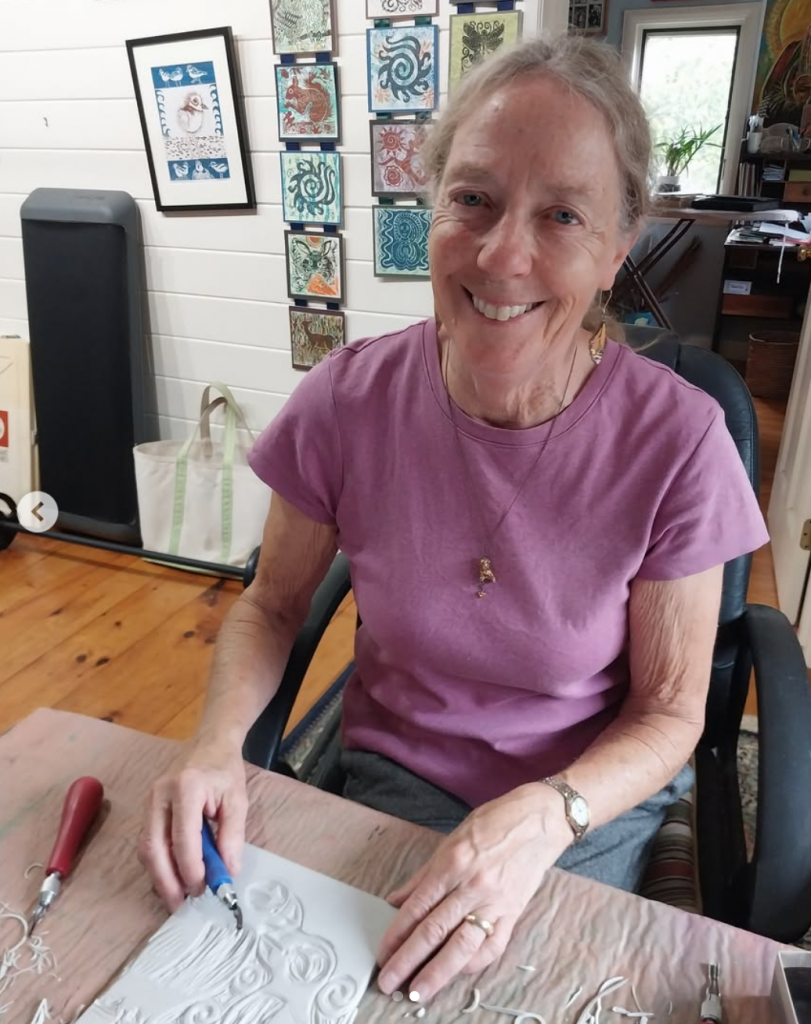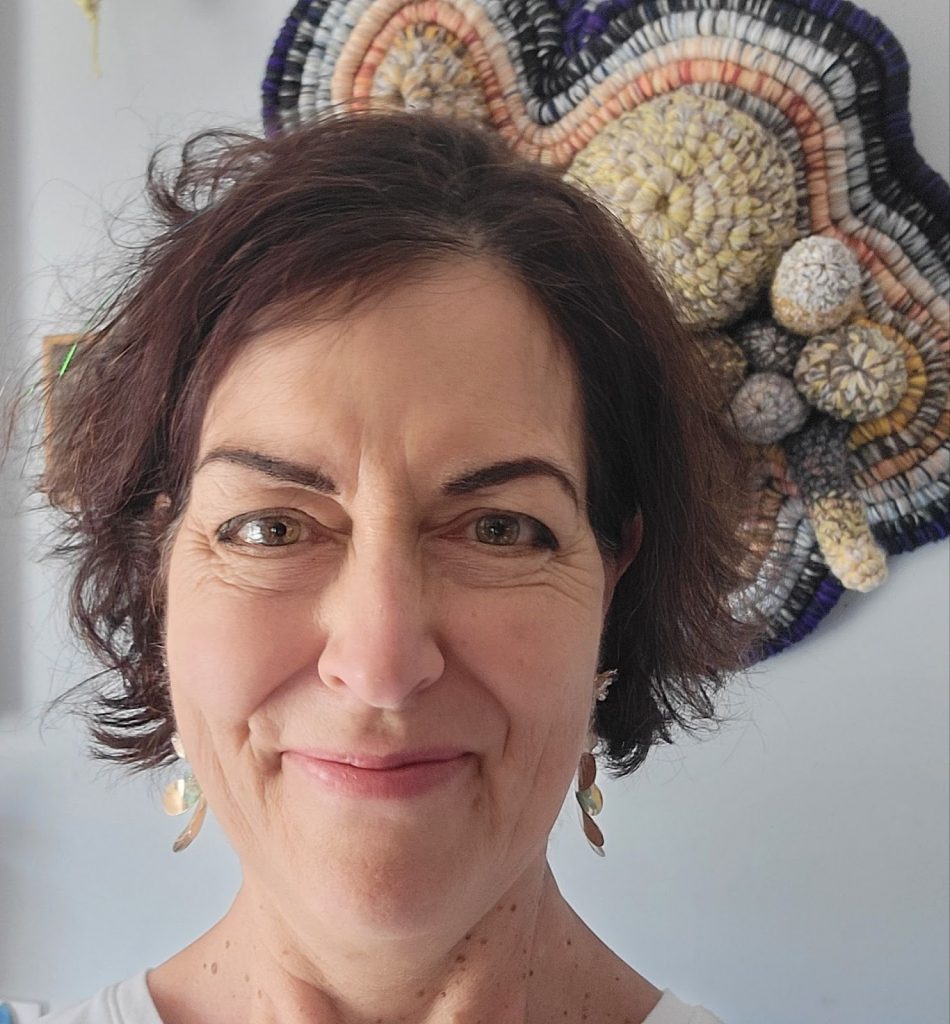Message given at Durham Friends Meeting, January 18, 2026
Many years ago, living in Delaware, a tornado tore through a neighborhood near where I was living. The next day I went to look at the wreckage. I had never seen tornado damage up close. It was terrible to see: trees torn up by their roots, cars tossed on end, homes destroyed, piles of debris, jumbles of sticks and paper and car parts, and roof tiles and glass. I saw wreckage that went beyond my imagining.
One image has particularly stayed with me: a house sawed in half. One side was obliterated, shredded to pieces the size of matchsticks, nothing recognizable. The remaining side was completely undisturbed. You could look at rooms missing a wall or two, but all their contents were still there, still in place, every chair, every picture, every pillow, every delicate vase, every pencil on a desk. How could there be so much chaos and so much calm side by side?
That memory has come back to me in recent months as a vivid image of the world in which we – all of us – are living. Where do you see yourself? Mostly, myself, I am in the undisturbed side of the house, the untouched side. My daily life goes on in normal ways. I see friends and family, I cook, I read, I go to meetings of various organizations, that go about their ordinary affairs. It’s a very normal life in this part of the house, every delicate vase and every pencil in its place.
But I can’t help but see that there’s a wall missing, or perhaps two walls. I can feel a little breeze, a worrying breeze because I’m exposed to the elements. The bedroom next to the one where I sleep is simply gone, torn to matchsticks. Looking out where that wall used to be I see utter chaos, cars upended, trees uprooted.
Out the windows of the calm side of the house I see other people going about their ordinary lives, working, playing, going to school. And through the missing walls of the chaotic side of the house I see people fired from their jobs for speaking the truth or just for being themselves. I see torture in jails, and people shot in their own cars. I see destruction of organizations. I hear lies. I see lies declared truth. I see theft and fraud, and not just in secret, but theft and fraud openly practiced and justified. I see war, and not just war but war justified.
I can turn my head and see the calm side of the house; or I can turn back and see the chaos. I’m doing that every day. This is a newish experience, and a disturbing one. It’s a disorienting one. Perhaps you’re having this experience, too.
I know this divided life is unstable. As Lincoln warned, “A house divided against itself cannot stand.” A house missing a wall here or a wall there cannot stand for very long. It cannot provide shelter for very many, and not even shelter for the few for very long. This divided house is no longer safe for anyone. We can no longer trust its integrity – we can’t trust that it won’t completely collapse – and soon. This unstable, divided house makes me anxious, often angry, constantly dismayed.
Day by day I find myself putting my mental energy into trying to hold the house together and upright. But it’s not enough. It’s exhausting to live in such a divided world. How did this storm happen?
We often give major storms a name: Agnes, Katrina, Sandy. We talk about the damage from Hurricane Sandy or Hurricane Agnes. I have no doubt we would all suggest the same name for the current storm that is sawing our lives in half, a normal half and a wreckage half.
But we also know that major storms arise in the midst of certain broader weather conditions. For a hurricane to form, there needs to be warm ocean water and moist, humid air. Tornadoes develop from severe thunderstorms in warm, moist, unstable air along and ahead of cold fronts.
How about this tornado? I find myself thinking about that in this half-wrecked house.
I know it isn’t simply the doing of one person. No one person could do this. Others have to be involved, too. I think about these things: complicity, corruption, cowardice and complacency.
Some people are actively complicit in creating the storm that causes the wreckage. They share responsibility for tearing things apart. They, too, do the doing.
Some people see active benefit in allowing the wreckage. They don’t need to do much except encourage the wreckage. Perhaps they provide donations or provide a little assistance in other ways. They know they will profit from the wrecking. That’s why their part is corruption. They reap benefits while others suffer.
Complicity, corruption, and there’s also cowardice. Some people contribute by doing nothing. They just stand aside, avert their gaze. They see they won’t be hurt too much. Their non-action lets others suffer. There’s cowardice in that.
Others are simply complacent: they don’t look, they don’t see beyond their own lives.
Complicity, corruption, cowardice, complacency: those are the weather conditions that breed the storm. Active engagement, profiteering, doing nothing. They all involve looking out for oneself, a narrow selfishness. They all involve looking away from what happens to others. “I’m alright, Jack.” I’m just looking out for number one. If we get an air mass, a culture, that’s too much of that narrow selfishness, we can get a tornado that saws our house in half. These are our times.
We can add cynicism to the ingredients of the airmass. Cynicism is the abandonment of hope. It, too, helps create this tornado through our republic.
You can talk about that weather mass in other ways. You can call it an excess of liberty. Every person can do as he pleases: Seek profits. Help friends and harm enemies. Let the consequences fall where they may. What happens to others is not my business.
What I’m trying to say has been said by others, in ways worth repeating.
In a Christmas Carol, Scrooge starts by saying “I mind my own business”, and ends by saying “Mankind was my business. The common welfare was my business; charity, mercy, forbearance, benevolence, were all my business. The dealings of my trade were but a drop of water in the comprehensive ocean of my business!” He turns from the narrow view to the wider one.
That’s not just a cheerful Christmas message; it’s a lesson for our times. And it is just a more modern way of saying what Jesus said: “Love your neighbor as yourself.”
It’s not just Christians. In The Peloponnesian Wars, Thucydides quotes Pericles as saying “Not until the uninjured are as indignant as the injured, will peace, freedom and justice return to Athens.”
Ellen and I regularly read Sherrilyn Ifill, who holds an Endowed Chair in Civil Rights at Howard University Law School. She is also a former director of the NAACP Legal Defense Fund. She understands that ‘humanity is her business,’ and ours, too.
In a recent column she wryly notes that the storm we are all now experiencing is a kind of storm all too familiar to Black communities. As we approach Martin Luther King day, we need to remember that lynchings happened, race riots happened, disenfranchisement happened, discrimination happened, “separate but equal” happened not just because of Bull Connor, and Strom Thurmond, and George Wallace but because of complicity, corruption and cowardice on the part of many, many others; they happened because too many took the narrow view and let the storm tear apart others houses. Too many were complicit or corrupt, cowardly or complacent.
Sherrilyn Ifill recently wrote, “Anti-democracy measures do not simply arrive and takeover healthy democracies. They are workshopped first – most often on the most vulnerable communities. In this country, with its unique history and the deep narratives of white supremacy that is part of our public discourse, this will almost always be Black communities first.” She is reminding us that we are all now experiencing what once a minority experienced as we looked away. This current storm is not one-of-a-kind; it’s just wider in scope. https://sherrilyn.substack.com/p/whether-it-is-ice-or-local-police.
1600 years ago, St. Augustine wrote a profound treatise about the situation we face. Today we call the book The City of God. He wrote it following the sack of Rome by the Visigoths in 410 A.D. In The City of God, Augustine shows us not two parts of a house, one wrecked and one undisturbed, but two cities: the City of God and the Earthly City, or the City of Man. A godly city and a sinful one. For Augustine, the choice of where to live is before each of us every day. The Earthly City is a place of human strivings, usually selfish strivings for worldly things: money, fame and honor. The City of God, on the other hand, is a City built in relationship to God, one that looks toward eternal things, ultimately salvation. The City of Man, he believed, will be destroyed, but the City of God will last forever. Where do we choose to live?
Martin Luther King taught something very similar in challenging us to build the Beloved Community. The Beloved Community is a society built on justice, equality, love, and peace, where poverty, racism, and hate are eliminated, and all people live in harmony, sharing the earth’s resources.
This conception envisions an inclusive world where conflict is resolved nonviolently through understanding, fostering a universal sisterhood and brotherhood through unconditional love (agape). It’s a world where we care as much about our neighbors as we care about ourselves.
It takes constant effort from all of us. It takes facing down the tornado that’s tearing through our republic. It takes us all refusing to practice, or even to put up with, complicity, corruption, cowardice, complacency, or cynicism.
Tomorrow, we celebrate the life and good works of Martin Luther King, Jr. Let us be joyful in working together to build the Beloved Community – even though it’s tornado weather.
Also posted on River View Friend

